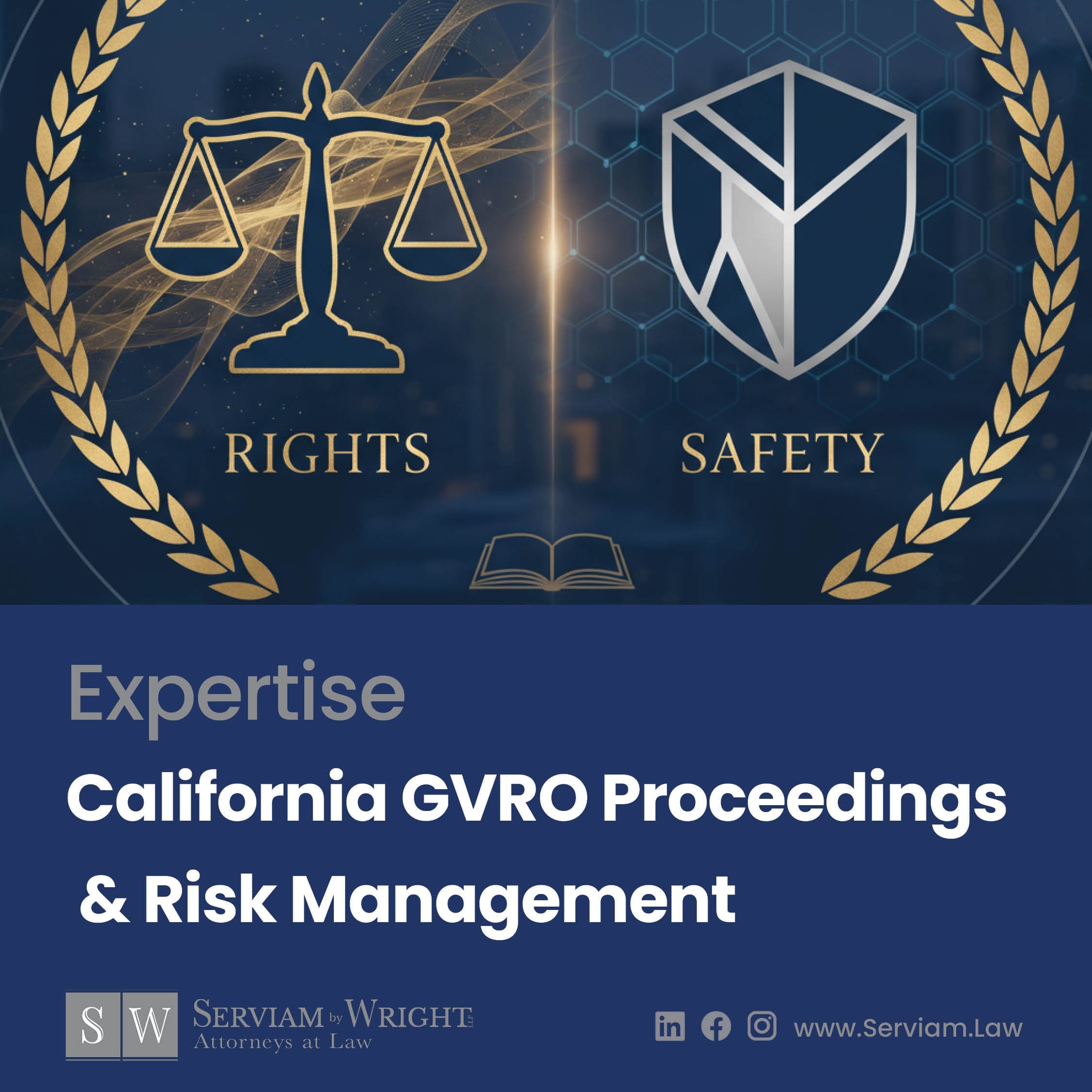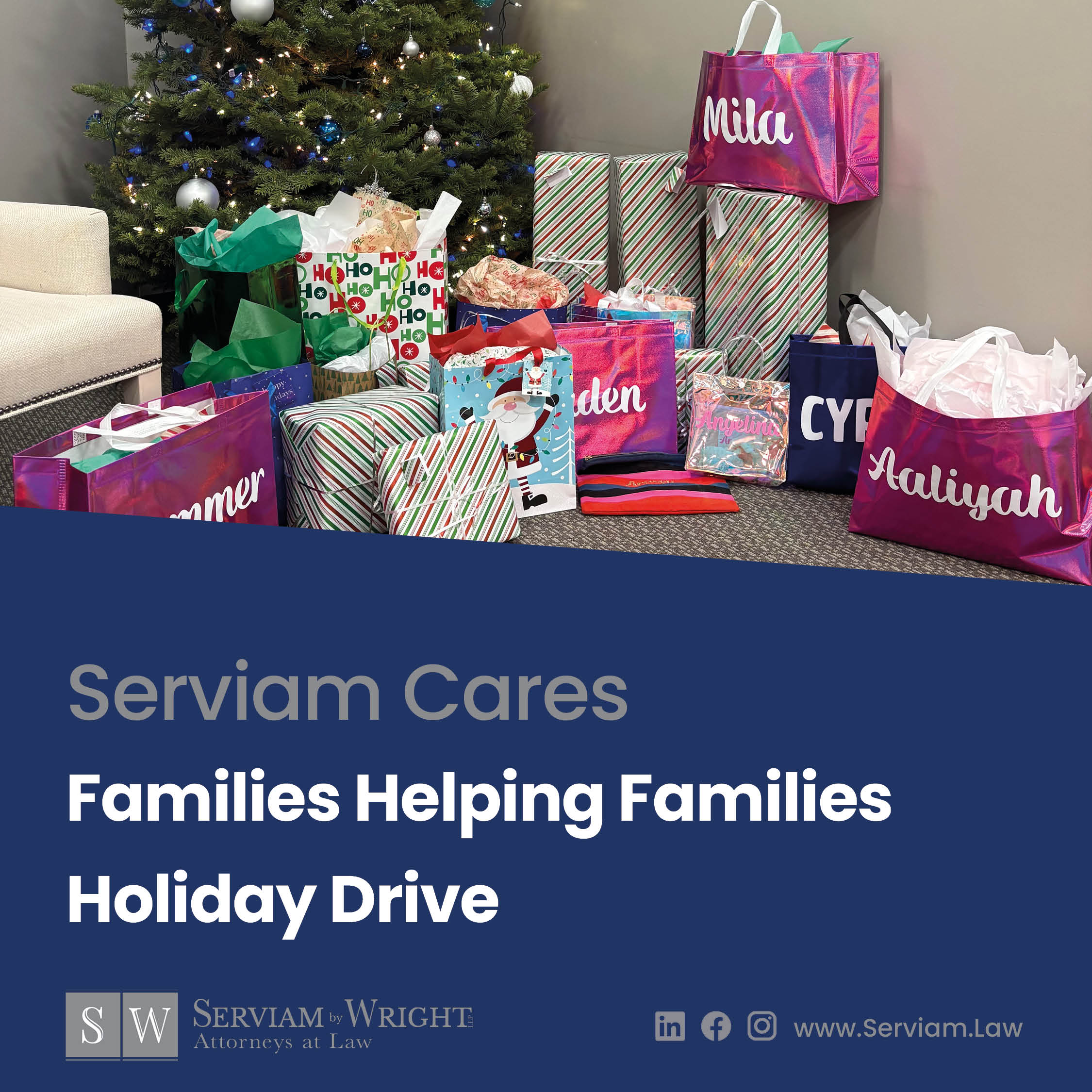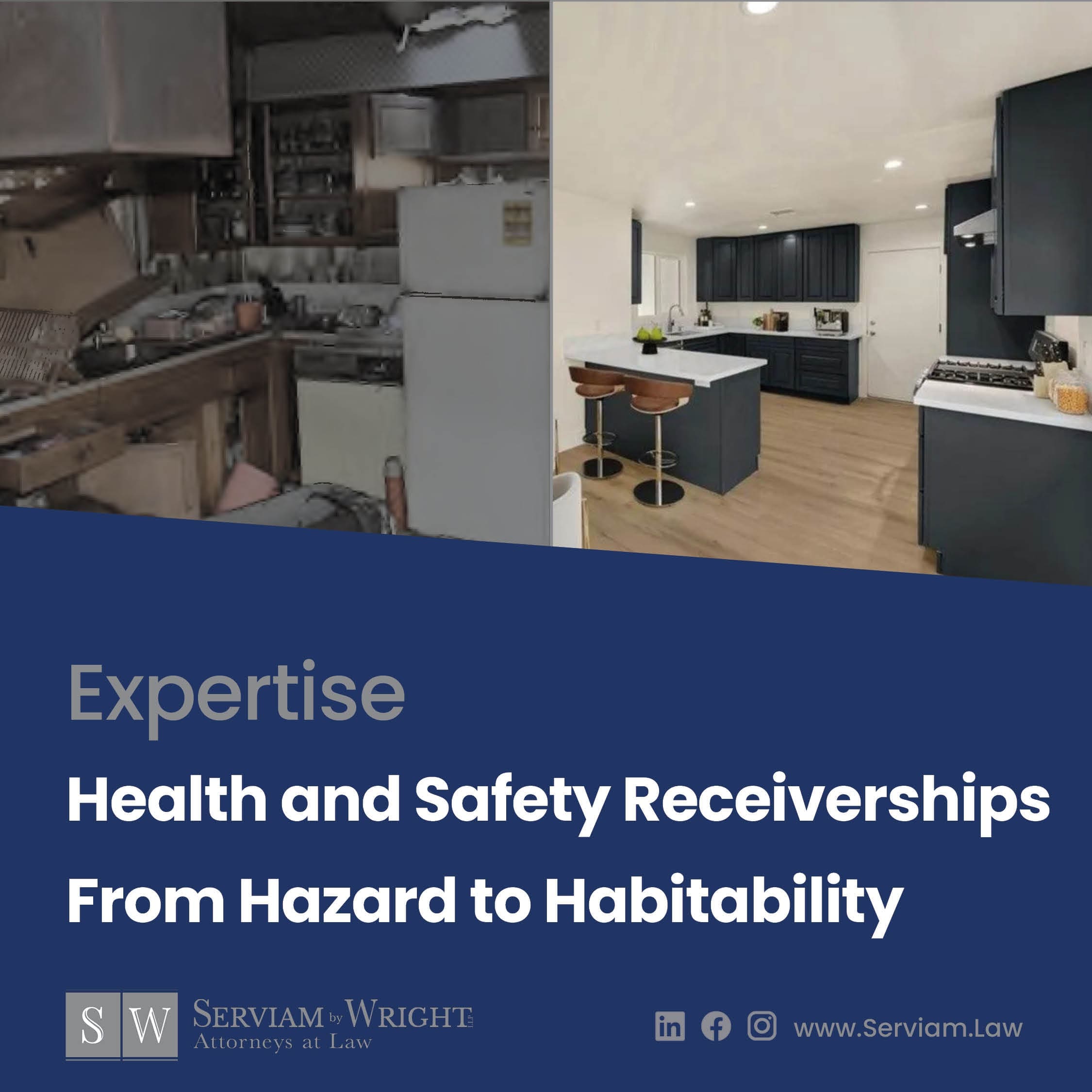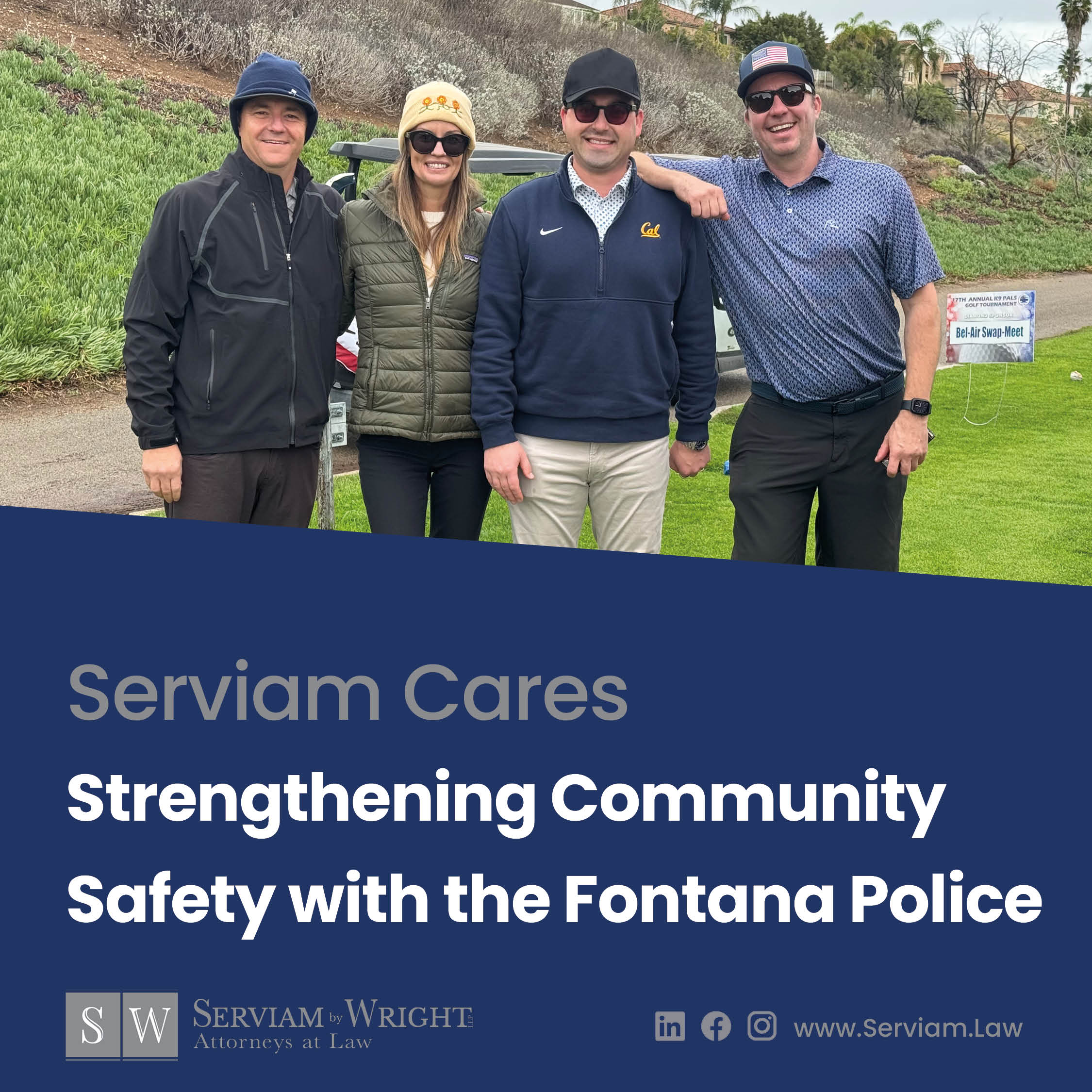When it comes to protecting communities against gun violence, law enforcement officers are working harder than ever to mitigate risks in their jurisdictions to keep civilians and their fellow officers safe. A tool that California’s officers have at their disposal to combat gun violence—and may not yet be utilizing—is the use of Gun Violence Restraining Orders.
Gun Violence Restraining Orders (sometimes called “Red Flag Laws”) allows family members, household members, some employers, colleagues, teachers, and law enforcement to work with courts to temporarily remove guns and prevent the purchase of new guns by individuals who pose a significant risk of harm to themselves or others. GVROs can be utilized by law enforcement officers to proactively address firearm violence to prevent injury or death by removing possession and access to firearms for high-risk individuals.

The GVRO can order someone to: not have (possess or own) a gun, ammunition, or magazines; not buy a gun, ammunition, or magazines; and turn in any guns, ammunition, and magazines to the police, sell them to or store them with a licensed gun dealer. However, a GVRO is not a no-contact order and cannot order someone to: stay away from a person or family members; not contact or go near a person, children, other relatives, or others who live with a person; stop abuse or harassment, or require that they move out of any shared residence.
GVROs are typically utilized in cases involving direct threats, “5150” psychiatric hold patients, and individuals suffering from suicidal thoughts or dementia. Studies show that GVROs can help prevent gun violence before it starts, whether toward others or in cases of self-harm.
-Attorney Kellie Shin
For example, according to SpeakforSafety.org, statistics from Connecticut, where similar gun restraining orders are permitted, show that one (1) suicide was prevented for every 10-20 restraining orders issued. With more than half of all gun deaths in the U.S. being suicides, there is ample opportunity for intervention. In addition, SpeakforSafety.org reports that in cases of mass shootings, 42% of shooters exhibited warning signs before committing their crimes. If family, teachers, or law enforcement officers were to request a GVRO when they first notice some warning signs, more mass shootings and gun violence death and injuries could be prevented.
GVROs can span anywhere from 21 days up to five years and may be granted with or without prior notice provided to the person considered at-risk.
There are three varieties of GVROs that may be filed. Two (emergency and temporary) are shorter in duration (up to 21 days), but do not require a hearing or notifying the Respondent before the judge’s order. The GVRO after hearing may be issued and valid for up to five years:
- Emergency: Petition can be filed by law enforcement only at any time of the day or night. May be in effect up to 21 days. Once served, firearms and ammunition may be confiscated immediately.
- Temporary: Petition can be filed by law enforcement, immediate family, employees/co-workers, or teachers/school staff. May be in effect in as little as 24 hours and last up to 21 days.
- GVRO After Notice of Hearing: Petition can be filed by law enforcement, immediate family, employees/co-workers, or teachers/school staff. Judge hears cases from Petitioner and Respondent and may grant order for a period of 1 to 5 years.
Ultimately, Gun Violence Restraining Orders offer law enforcement and concerned parties the ability to take action to prevent gun violence before it happens. If your agency would like more information about GVROs or needs assistance filing a petition, please contact us at serviam.law. Legal counsel with experience working with law enforcement (such as the attorneys at Serviam Wright LLP) can offer guidance throughout this process to ensure important evidence is considered by the judge.
Seonhae “Kellie” Shin is an attorney at Serviam by Wright LLP. Ms. Shin’s practice areas include code enforcement, receiverships, nuisance abatement, municipal law and criminal prosecutions.





